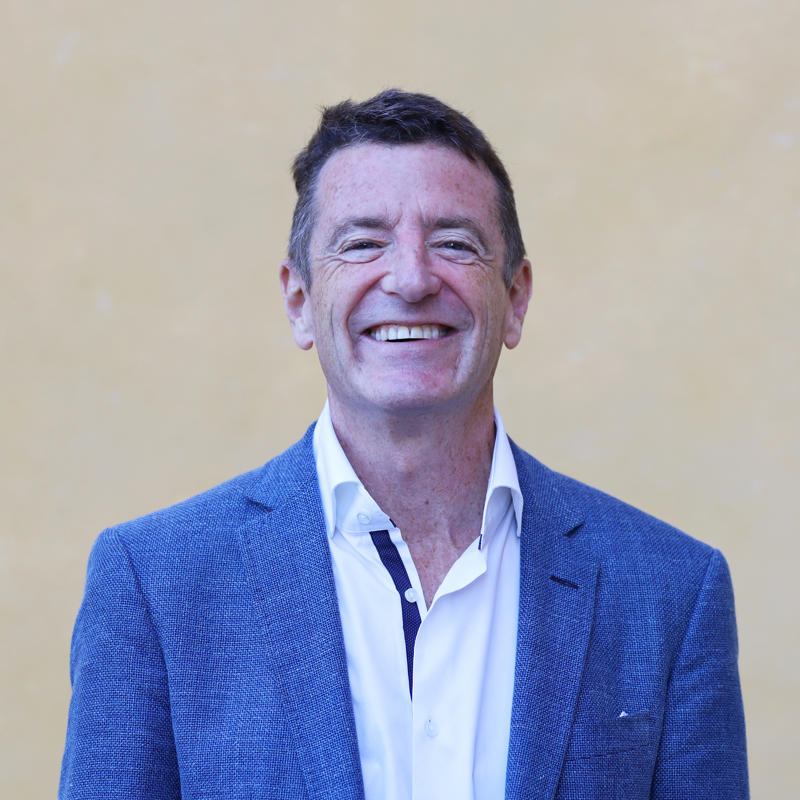Pieter M. Judson

Pieter M. Judson
Professor, European University Institute - Fiesole, Italy
Pieter M. Judson is Professor at the European University Institute in Florence and a member of the American Academy of Arts and Sciences. From 2014 to 2024, he held the Chair in Nineteenth and Twentieth Century History at the European University Institute. Before that he taught for 21 years at Swarthmore College as Isaac Clothier Professor of History and International Relations. Judson holds a Ph.D. in History from Columbia University (1987). He has authored articles and prize-winning books on diverse aspects of the history of Central and Eastern Europe. Most recently, The Habsburg Empire: A New History (Harvard-Belknap, 2016), has been translated into twelve European and Asian languages.
In 2025 Oxford University Press will publish The Great War and the Transformation of Habsburg Central Europe (written together with Tara Zahra). For ten years Judson served as editor of the Austrian History Yearbook, and he was President of the Central European History Society of North America (2020-2022). He has received fellowships from Guggenheim, Fulbright, the NEH, the American Academy in Berlin, Phi Beta Kappa, and in 2010 the Austrian government awarded him the Karl von Vogelsang state prize for Guardians of the Nation. Activists on the Language Frontiers of Imperial Austria (Harvard 2006).
THE GLOBAL VOICES AT THE GHANA CENTRE FOR CHINA STUDIES
On August 13, 2025 Pieter M. Judson, Professor at the European University Institute in Florence and a member of the American Academy of Arts and Sciences, shared with the Ghana Centre for China Studies his perspective on U.S.-China relations.
- How does scholarly exchange impact U.S.-China relations?
- Can U.S.-China cooperation be more productive?
I am not at all expert on U.S.-China relations, so my answers are general opinion. Scholarly exchange is always a positive impact on relations between any two societies. But right now the two governments often fear that exchange scholars may be acting as spies. And yes cooperation could be much more productive but right now each government rests part of its political legitimacy on suspicion against the other. So I do not expect more productive cooperation at the moment.
Production credits: This publication is produced by the Ghana Centre for China Studies,
Africa’s preeminent and most comprehensive platform exclusively dedicated to authoritative
interpretation of China’s domestic and foreign policies.
At the Ghana Centre for China Studies we eschew specific policy positions. All positions and
opinions expressed in this publication are solely those of the author (s).